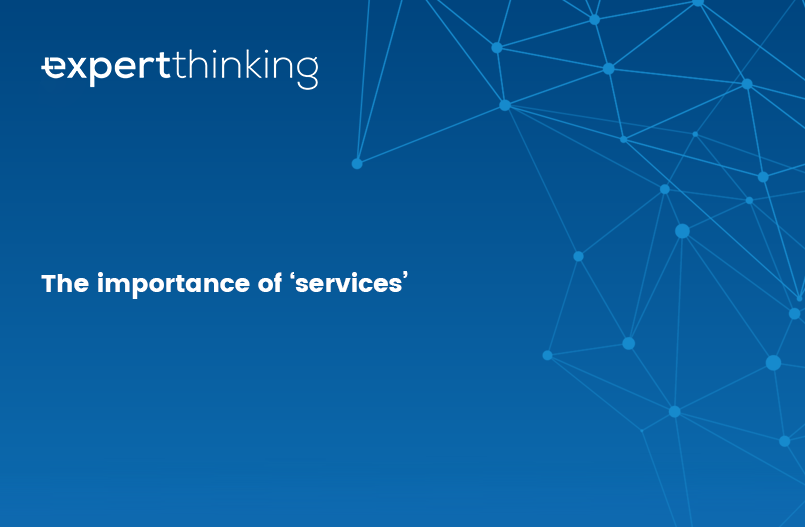Why ‘services’?
Consumers (application development and, more particularly, business stakeholders) aren’t interested in the nuances of platforms, operating systems and networks. All they want is to be able to access the services they need to get on with their job. Senior IT management are under extraordinary pressure to reduce costs in an ever more complicated environment.
Product and technology led delivery hasn’t worked (stakeholders don’t understand it) but the business understands ‘services’ because they see them in their everyday life and they can put a simple cost on them. In a services-based world, the business (consumer) gets to set the direction of travel; they are no longer the passenger in this journey, but the driver because they can vote with their feet.
Cloud Service Providers (CSPs) – Amazon Web Services, Microsoft Azure, Google Cloud Platform, to name but a few – figured this out a few years ago, and they’ve built multi-billion dollar businesses off exactly this principle – and I’d suggest that if you’re not following suit then you’re missing a trick.
Technology abstraction to focus on ‘service’
One of the key principles is you don’t worry about the technology. This may seem strange at first, but is the key to successful implementation. Quality of service, service change, cost recovery, etc. are intrinsically technology agnostic and are the key measures to focus on. There may be different levels of service quality, different technologies or indeed different costs – but you have the mechanism in place to define them based on simple and unarguable measures of quality.
And that is the key point about services – they focus solely on what the consumer needs, the things that are important to them. Not the latest version of Oracle, or a new feature in Microsoft SQLServer, but the cost of service, up-time, security of data, etc.
The paradigm shift that is services-based computing
Organisational
Cultural
Technical
Financial
The payoff is significant
In our experience, moving to services offers the following improvements:
- Enhanced engagement with the business – they become the driver of change
- Delivery of business value based on business need
- Reduced cost through reduced wastage – focus on benefits delivery only
- Alternative, optimised delivery based on clear service goals and measurable standards
- Greater stability in technology terms, improved availability and maintainability improvements
The ability to focus on real value creation within the IT organisation is a compelling reason for moving to services-based models, outsourcing or consuming services that are benefit focused and delivered to pre-defined service level agreements (SLAs).




